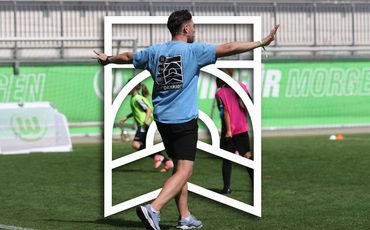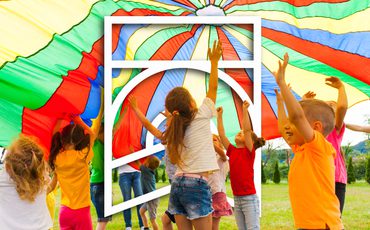The Role of Coaches in Talent Development
As coaches continue their journey in supporting young athletes, it’s important to reflect on the multifaceted role you play within Talent Development Environments (TDEs). Coaching is far more than teaching sport-specific skills—it’s about shaping individuals holistically. Professors Jean Côté and Wade Gilbert offer a comprehensive framework for coaching effectiveness, built around three key pillars:
1. Coach’s Knowledge
Effective coaching begins with a well-rounded base of knowledge, which includes:
- Professional Knowledge: This covers academic and sport-specific expertise, such as sport science, child development, and pedagogy. While essential, it’s only one part of the puzzle.
- Interpersonal Knowledge: This involves the ability to communicate effectively, understand motivations, and show empathy. Building strong relationships with athletes, parents, and colleagues is crucial.
- Intrapersonal Knowledge: Self-awareness and reflective practice are vital. Coaches must regularly evaluate their own methods, asking what worked, what didn’t, and why.
Together, these three dimensions form the foundation of a coach’s ability to positively influence young athletes.
2. Athlete Outcomes
Côté and Gilbert identify four key outcomes that coaches should aim to develop in their athletes:
- Competence: Beyond sport-specific skills, this includes helping athletes become confident and self-reliant individuals.
- Confidence: Coaches play a central role in building athletes’ belief in themselves—whether through mastering techniques or overcoming challenges.
- Connection: Creating a sense of belonging and emotional safety within the team fosters deeper engagement and motivation.
- Character: Encouraging respect, responsibility, and care helps athletes grow into positive contributors both on and off the field.
These outcomes extend beyond sport, supporting the personal development of young people in meaningful ways.
3. The Coaching Context
The environment in which coaching takes place significantly influences how knowledge is applied and which outcomes are prioritized. TDEs are unique settings with specific goals and pressures. Coaches must adapt their approach to meet the demands of these environments, balancing performance expectations with developmental needs.
Conclusion
Coaching in Talent Development Environments is a dynamic and impactful role. By integrating professional, interpersonal, and intrapersonal knowledge, and focusing on holistic athlete outcomes within the specific context of TDEs, coaches can create truly transformative experiences.
As Côté and Gilbert summarize:
“The consistent application of integrated professional, interpersonal, and intrapersonal knowledge to improve athletes’ competence, confidence, connection, and character in specific coaching contexts.”
In short, great coaching is about more than sport—it’s about shaping lives.
Watch the full video below
Comments
Related Pages


